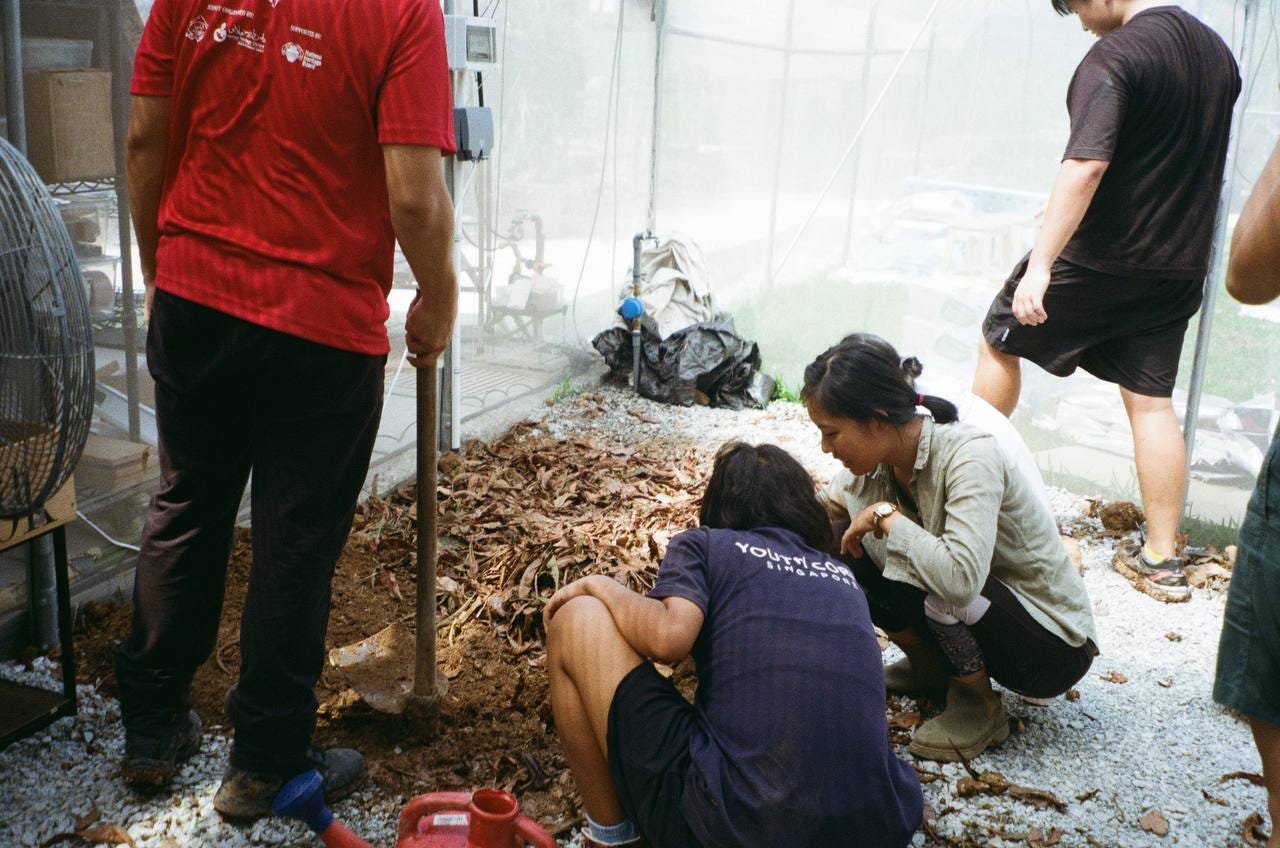The term 'extraction' is often mentioned in the realm of heritage and cultural preservation. Extraction can be seen in many different ways. One would think of resource extraction, like the grave human rights violations occurring in Congo, where 25,000 children are reported to be working in informal cobalt mines.

However, we would like to shed light on knowledge extraction, especially in the form of unethical research practices. Knowledge extraction occurs when researchers approach communities and extract information and knowledge from them without taking due care to ensure that the community members are fairly compensated for their time and effort. This often leaves the community unchanged or worse off.
Knowledge extraction is ubiquitous. For example, research in Canada has shown that the policies and proposals in Indigenous knowledge research in Canadian Universities are often misinterpreted, misused, and sometimes not abided by. Another example is the cases of genetic research by Arizona State University with the Havasupai Tribe and the University of British Columbia with the Nuu-chah-nulth First Nation. Both tribes experienced a multitude of harms, with one case resulting in a lawsuit, and raised concerns about exploitation, lack of engagement, and group harm in genetic research.
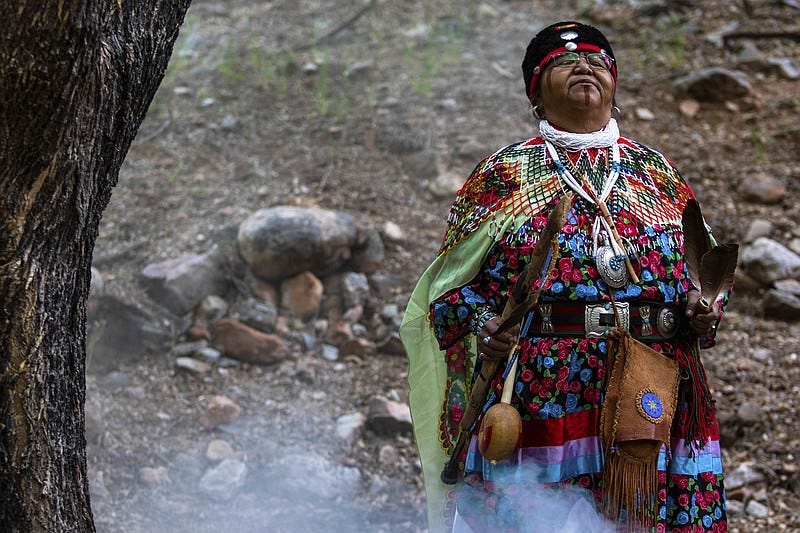
So why are we talking about extraction? In our personal experience working with our community, we have encountered a form of knowledge extraction. For example, when working with several media and production companies, we frequently encounter an issue where we have to ‘negotiate’ for fair compensation for our community members. We feel there is little to no recognition for the time taken and the knowledge and expertise shared by our community members. Most importantly, there have been instances where it culminates in zero compensation (before we even negotiate for a fair one). Our community members have been made to be seen as mere content - a more romanticised notion of indigenous community used purely for research.
At Orang Laut SG, we believe in fair and equal compensation for our community members and always prioritise their needs and well-being when we require their assistance in championing our shared cause. It is disheartening to juggle between different prices and negotiate a fair price for the indigenous knowledge we share.
More importantly, our community members are knowledge-sharers who carry generational practices and cultural values. They are expert craftsmen and masters of the sea, knowing how to navigate difficult seascapes. Access to this knowledge is a privilege that has to be earned over time with built trust and respect. You cannot merely approach these vulnerable communities without understanding the complexity of their situation. In reality, however, researchers and production companies may view themselves as doing a community a favour by talking about them or ‘raising awareness’ about them, creating an unjust hierarchy between them and the community.
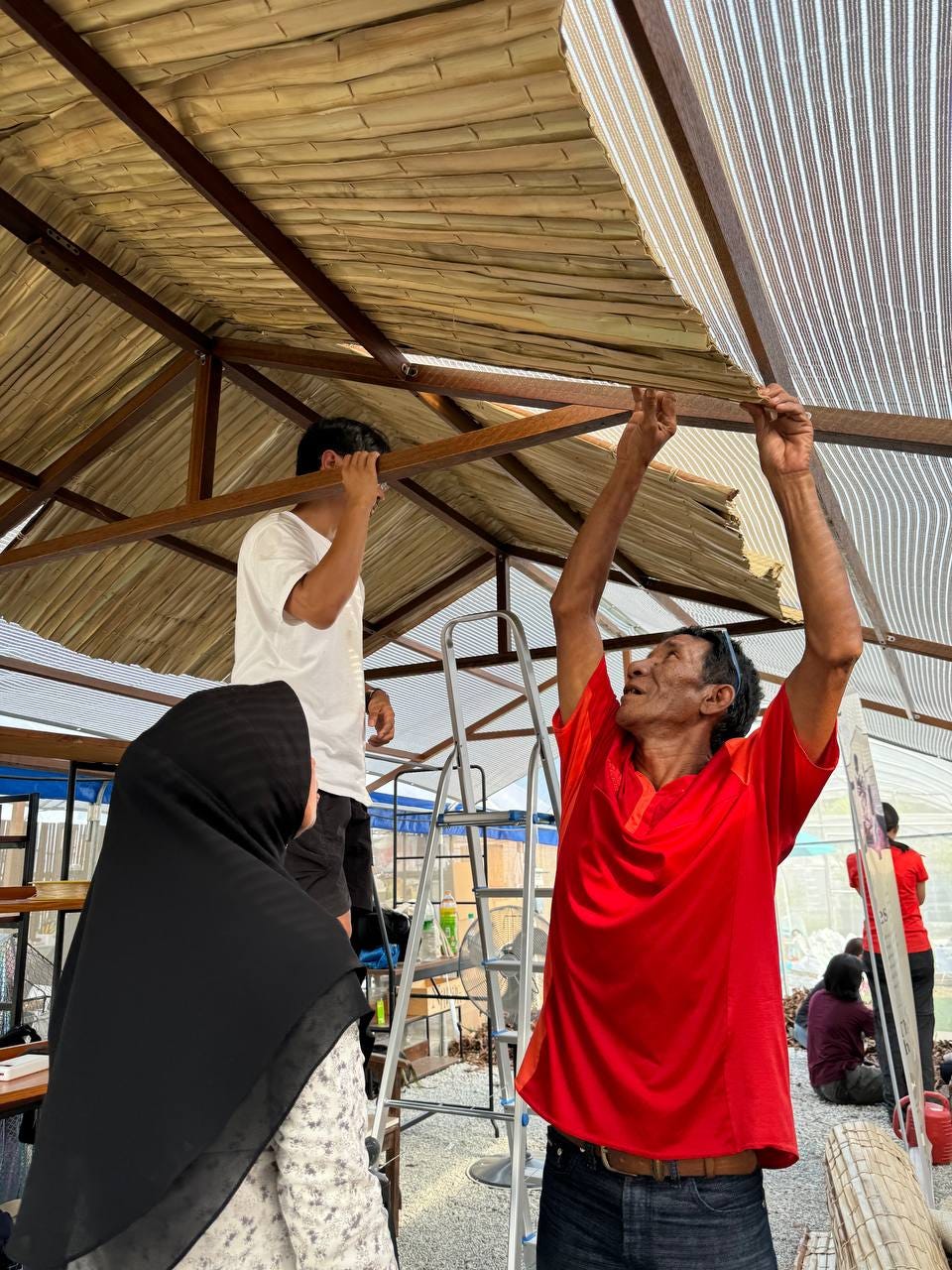
Congruent with the topic of extraction, we have been holding Focus Group Discussions with various groups as part of our research with an anthropology researcher to create a collaborative toolkit that seeks to lay out the principles of engagement for organisations seeking to collaborate with Orang Laut SG on future projects.
For our first Focus Group Discussion, we invited several community members to talk with us about their former lives and the issues they wished to raise. It was a bittersweet dialogue as they reminisced about the treasured memories they had while living on the Southern Islands while also recounting their experience of displacement. Their valuable inputs will shape and guide us in writing the toolkit. We also had the pleasure of inviting various industry experts, ranging from researchers and librarians to museum docents to marine scientists and playwrights, culminating in myriad voices and opinions that will definitely aid us. The toolkit is still a work in progress, and we sincerely believe in its potential to shape future partnerships and projects.
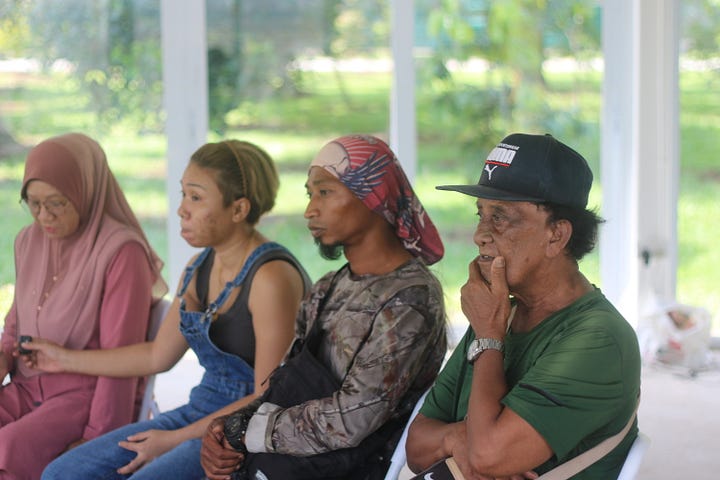
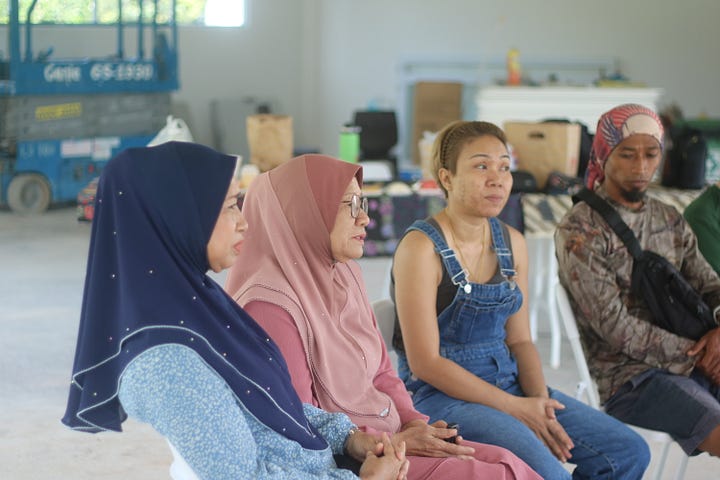
Over the past month, the team at Orang Laut SG hosted four volunteer sessions at our heritage garden, Tanah Dan Air (Land and Water). The volunteer sessions saw participants get their hands dirty as they plough through the land as part of our soil regeneration efforts. Previously, the good folks over at Living Soil Asia came down to deliver a mini workshop on regenerating soil, which consisted of digging deep enough to find earthworms before filling up the hole with compost and then topping the plot off with dried leaves. The volunteer group, alongside our team of interns, managed to transform the soil to home a plethora of plants that are of importance to the indigenous islanders. Tanah Dan Air aims to be an education hub where workshops and speaker series can be held for the public, creating an environment where indigenous knowledge and stories can be shared. Do follow our socials and watch this space for future events!
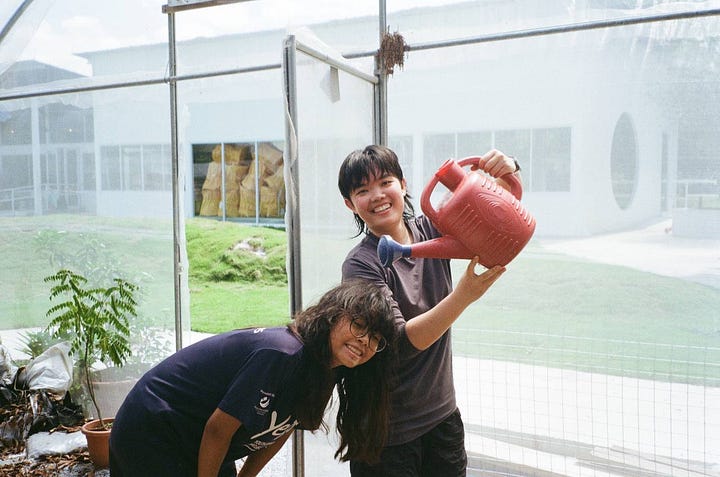
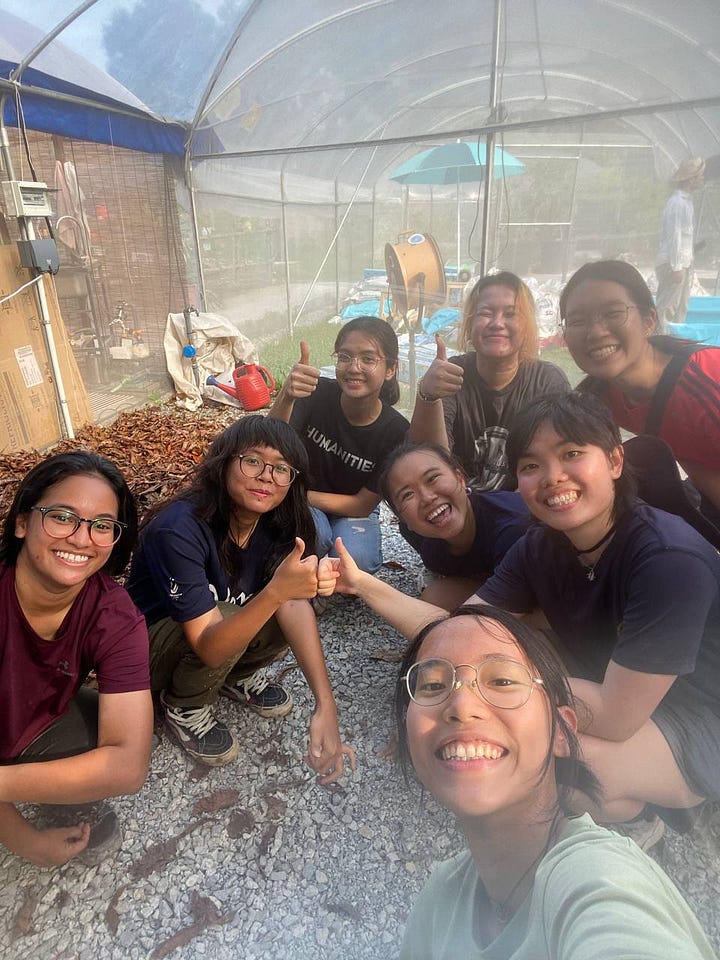
The team was also invited to witness the new iteration of AIR, a verbatim play about the indigenous Orang Seletar, created by Drama Box. The play was captivating and brought to the forefront the various issues faced by the Orang Seletar, and we urge everyone to learn more about their plight. The architect behind the play, playwright Zulfadli Rashid, and co-directors Adib Kosnan (present in the audience is co-director Kok Heng Leun), alongside Samrah and Suria who are Orang Seletar community members, was also part of a panel discussion moderated by Firdaus Sani. The discussion saw a fruitful discourse between members of the audience and the panel, rounding off a night of learning and great indigenous culture immersion.
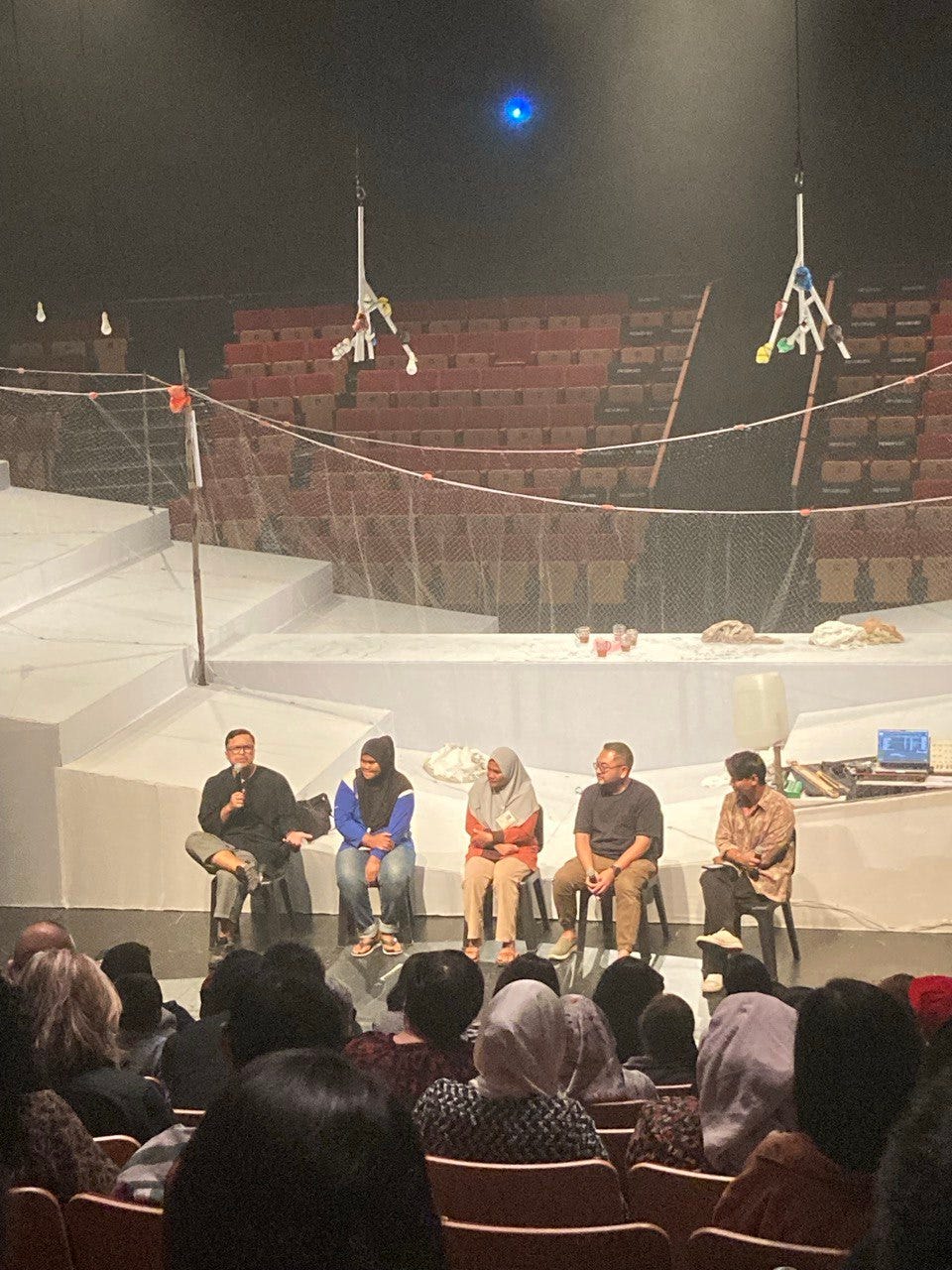
The team also held several tours at West Coast Park during July. Orang Laut SG had the pleasure of hosting 24 students from the National University of Singapore and the University of British Columbia exchange program. The tour saw several Canadian and Singaporean Students learn more about the indigenous population of Singapore and the connections between West Coast Park and the Southern Islanders. Similarly, as part of a companion program to AIR, Orang Laut SG and Esplanade and Kontinentalist hosted a tour at West Coast Park, extending the conversation brought up during AIR. We touched upon several other sea nomad communities, such as the Bajau Laut and the Riau island communities. The tours were rounded off with islander food lovingly cooked by Firdaus’s mom and a lively discussion held at the Community Hall in the community garden, kindly shared by the good folks over at City Sprouts. We are truly grateful to be given the opportunity to be part of this initiative, as it allows for the conversation about Orang Laut narratives to be brought up on a larger scale.
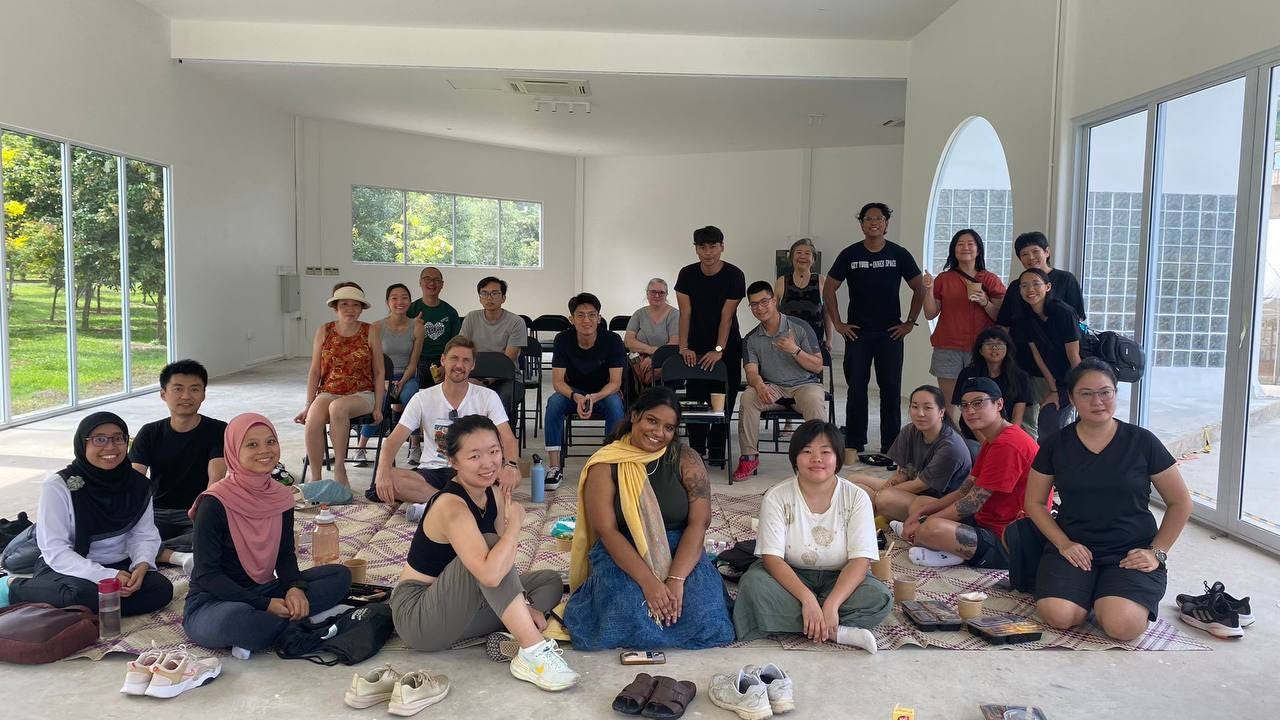
As part of our core pillars, education is integral to the work we do here at Orang Laut SG. Recently, we were invited to give a talk at Raffles Institution as part of their Humanities Scholar Program. Greeted by a crowd of roughly 80 students, the talk saw topics such as displacement and indigenous knowledge being discussed, as well as the crowd's favourite Kahoot, pitting students against each other for a chance to win some Orang Laut SG merchandise. The talk ended with an open Q&A session, which saw many challenging and intelligent questions being asked. The students held a deep curiosity about the indigenous population, and it warms our hearts to see the youth of today taking notice.
Additionally, we were also invited to Eunoia Junior College’s inaugural Partners’ Tea, where we managed to discuss plans for potential collaborations and opportunities to be curated for their students to learn more about the orang laut. This also gave us an opportunity to reflect on the partnerships we have with the various schools we have worked with in the past, and we are hopeful and excited for more partnerships to come in the future.
If you are passionate about our work or are an educator looking to provide your students with a unique opportunity to learn more about the Orang Laut community, do not hesitate to reach out to us at hello@oranglaut.sg!

July has been a fruitful and productive month for us here at Orang Laut SG, and we hope it will be the same for you guys for the rest of the year!




